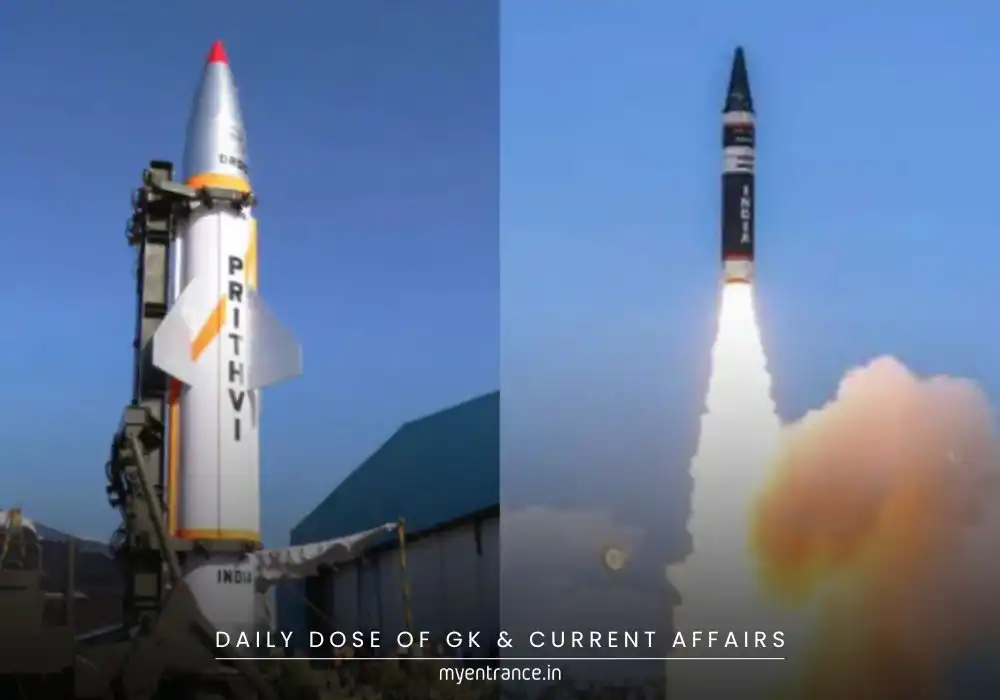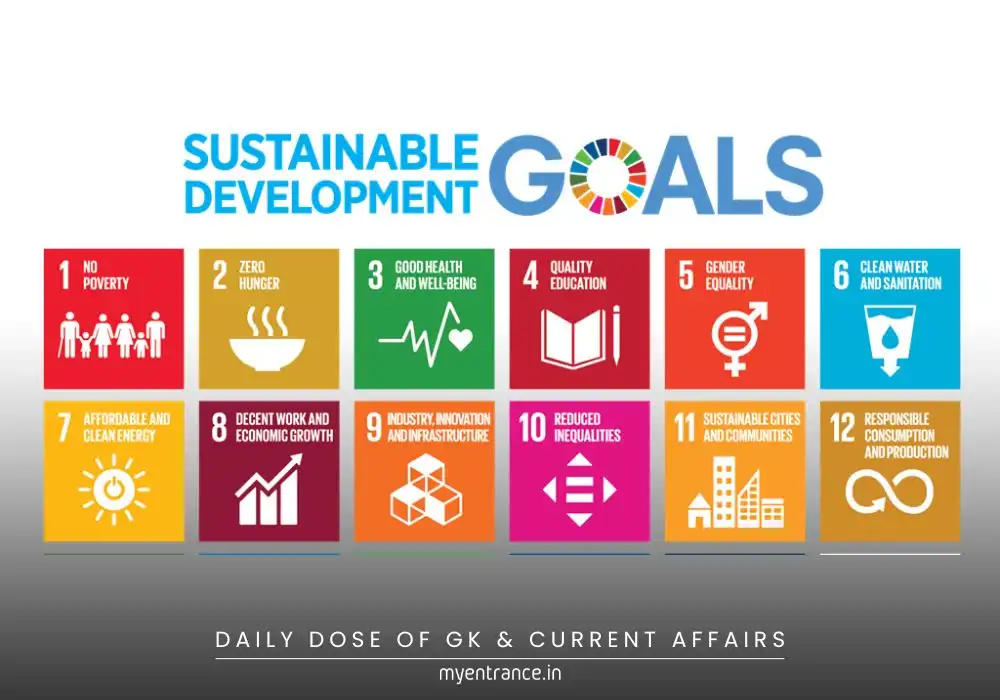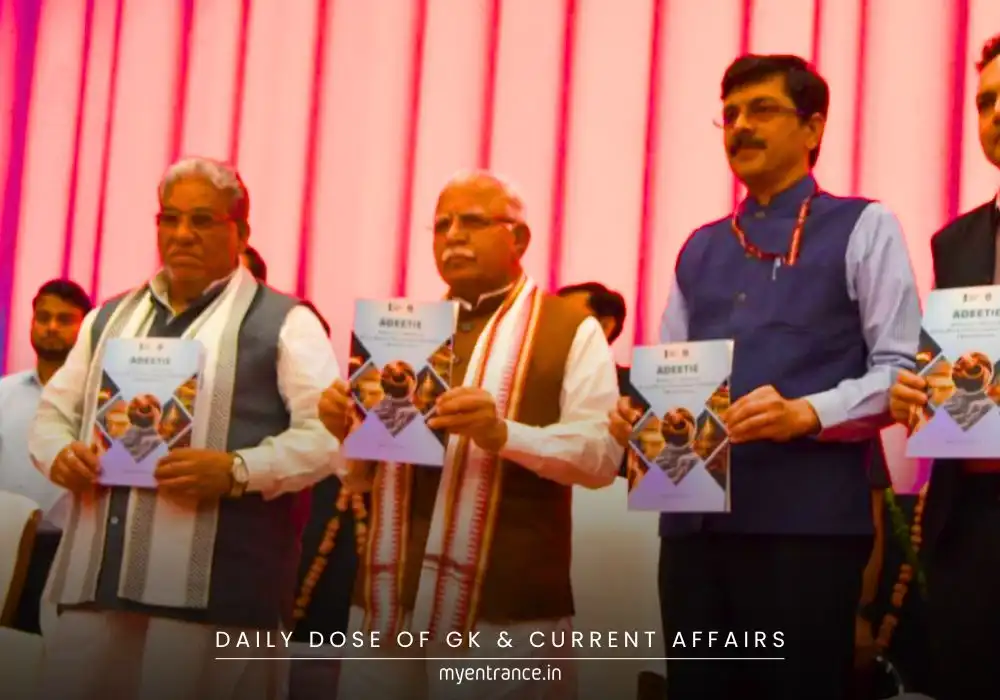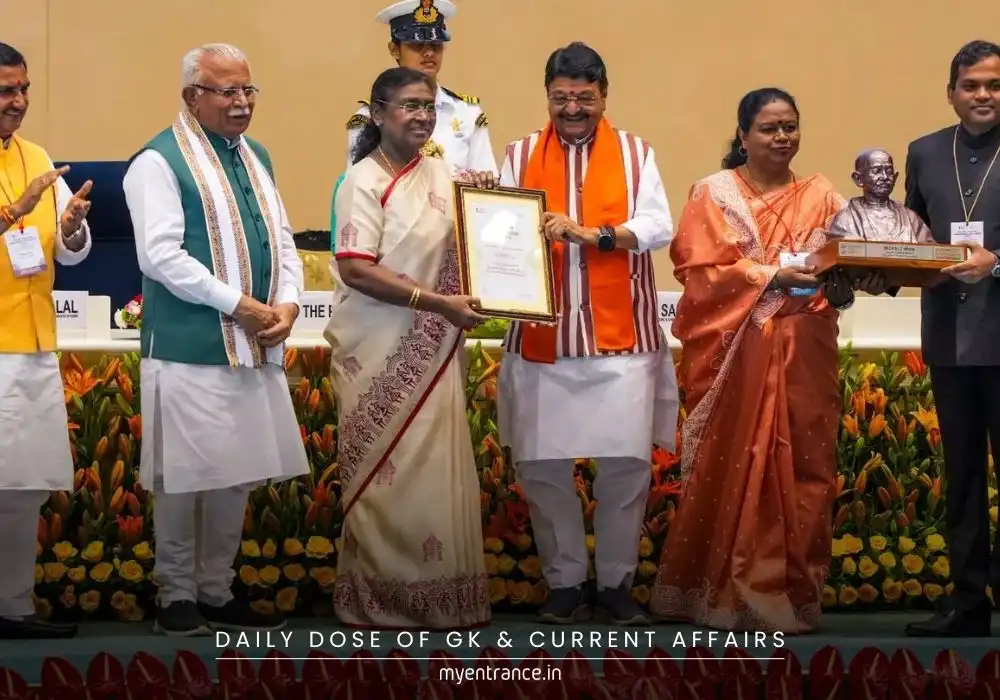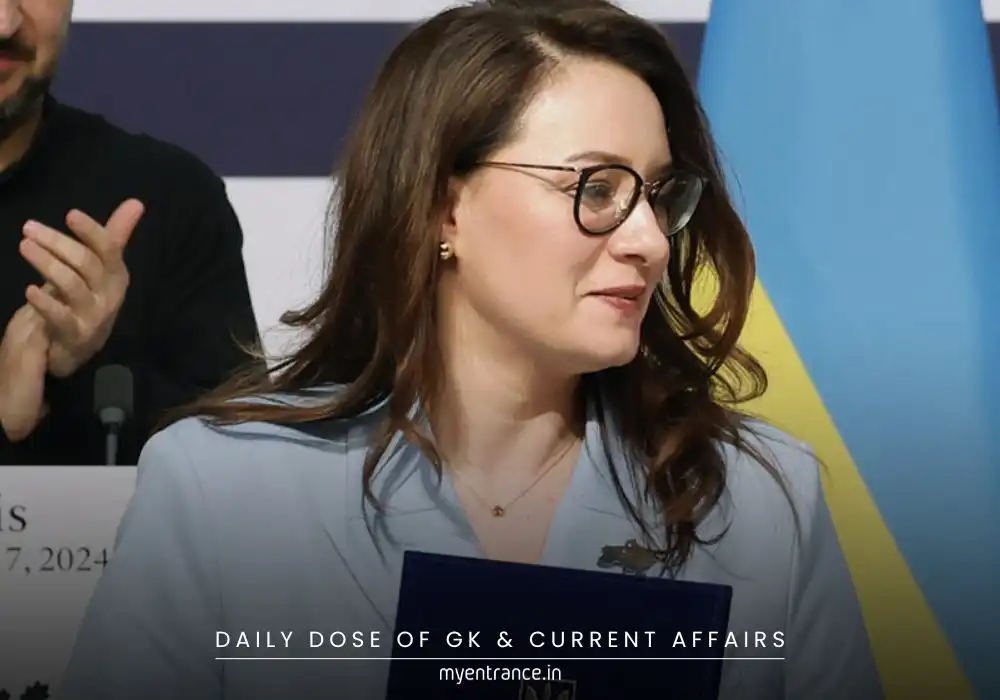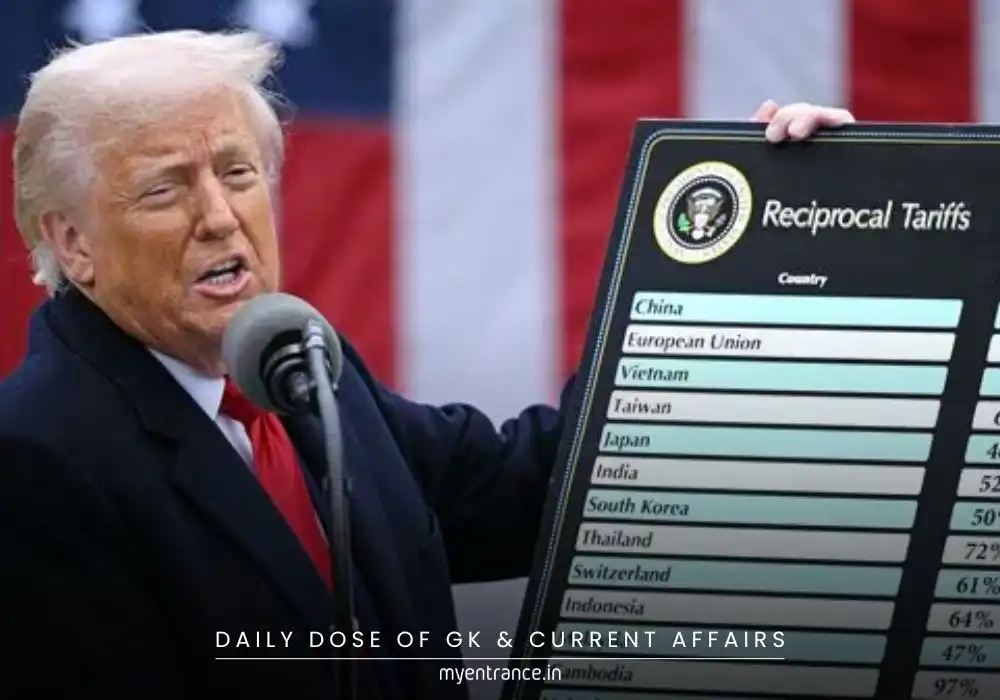Translate Language
Are Wider US Tariffs Impacting India’s Trade Negotiations?
The ongoing US-India trade talks are centered on sector-specific tariffs, avoiding broader reciprocal duties for now. While India seeks relief on certain US tariffs, key exports like steel, aluminium, and pharmaceuticals remain under scrutiny. How will this impact bilateral trade and India’s domestic industries?

US Reciprocal Tariffs: Key Insights
Current Status of US-India Trade Talks
Negotiations are based on pre-defined terms, with no immediate plans to include wider US tariffs like those on BRICS nations or Russian oil buyers.
The US has imposed baseline tariffs (10%) and sector-specific duties on steel, aluminium, and fentanyl-related imports from China.
India aims for a bilateral trade agreement (BTA) by year-end, but challenges remain in key export sectors.
Impact of Sectoral Tariffs on India
Steel & Aluminium: A 50% US tariff has already disrupted Indian exports, affecting revenue streams.
Copper: The US is India’s third-largest copper buyer, but domestic demand may absorb any export decline.
Pharmaceuticals: Proposed 200% tariffs on imported drugs could reshape India’s pharma trade with the US.
Strategic Implications
Avoiding broader tariffs (like those on BRICS) gives India negotiating leverage.
Dependence on Russian oil imports remains a concern if the US imposes secondary sanctions.
Sample Questions & Answers
Q1: What are the key demands of India in US trade talks?
A1: India seeks relief from US reciprocal tariffs in exchange for greater market access to American goods.
Q2: How do US tariffs on steel and aluminium affect India?
A2: The 50% duty reduces India’s export competitiveness, forcing domestic industries to absorb surplus production.
Q3: Why is the proposed 200% tariff on pharmaceuticals significant?
A3: India is a major supplier of generic drugs to the US; steep tariffs could disrupt trade and raise drug prices globally.
Q4: Is India part of the US’s broader tariff plans, like those on BRICS?
A4: Not yet—current talks focus on sectoral tariffs, but future policies could change this.
Q5: How might US tariffs on Russian oil buyers impact India?
A5: As a top importer of Russian oil, India could face trade restrictions if the US enforces secondary sanctions.
Why Is This Important for Exams?
UPSC/PSC/SSC: Covers international relations, trade policies, and economic diplomacy.
KAS/State Exams: Tests awareness of global trade dynamics affecting India.
Essay/Interview: Useful for discussions on US-India relations, protectionism, and export strategies.
Understanding US reciprocal tariffs helps aspirants analyze how global trade policies influence India’s economy—a recurring theme in competitive exams.
Get 3 Months Free Access for SSC, PSC, NIFT & NID
Boost your exam prep!
Use offer code WELCOME28 to get 3 months free subscription. Start preparing today!


